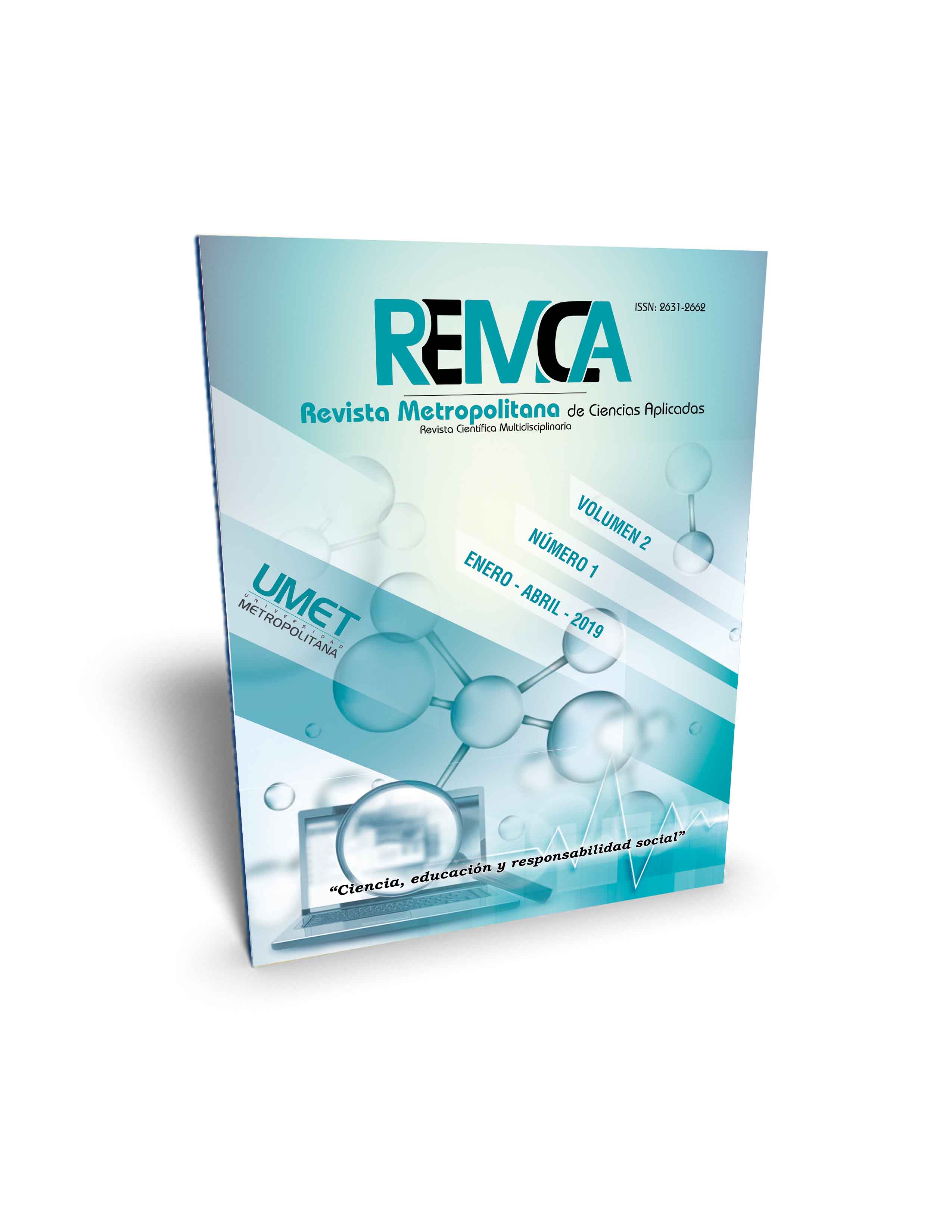Learning and teaching experiences in multicultural and multilinguistic contexts
DOI:
https://doi.org/10.62452/nrzb5e35Palavras-chave:
Multicultural, multilinguialism, teaching and learning foreign languages, experience, learning contexts, comparative analysisResumo
The paper entitled Experiences on foreign languages learning and teaching in multicultural and multilinguistic contexts comprises the author reflections about her experience as foreign language learner first, and as a teacher of them in both monolingual and multicultural and multilingual contexts afterwards. The author based her research on the historical logical method within the Education Comparative method to analyze the object of the study and support her proposition, based on theoretical points of view to establish her viewpoints regarding the advantages and disadvantages of studying and teaching foreign languages both in the sociocultural environment of the target language, and in contexts that are detached from the culture of the language been learned and taught. The objective of this analysis is to make a call to support language learning projects in contexts that are proper of the target language, under such modalities that can interest educative institutions in favor of the internationalization of multicultural and multilinguistic programs.
Downloads
Referências
Arocena, E., et. al. (2015) Teachers’ beliefs in multilingual education in the Basque country and in Friesland Journal of Immersion and Content-Based Language Education. Retrieved from https://culturacientifica.com/2017/12/08/la-ensenanza-multilingue-las-lenguas
Byram M. (1997). Developing the Intercultural Dimension in Language Teaching. A Practical Introduction for Teachers. Bella GRIBKOVA and Hugh STARKEY. Retrieved from http://lrc.cornell.edu/rs/roms/507sp/ExtraReadings/Section0/uploads/File1235272745204/InterculturalDimensionByram.pdf
Krashen, S. (1985). The imput hypothesis: Issues and implications”. California: Laredo Publishing Co.
Krashen, S. (1987). Principles and Practice in Second Language Acquisition. Hertforshire: Prentice Hall International.
Quicios, M. P.. (2006). Multiculturalidad e interculturalidad. En Estrategias de formación en el siglo XXI: life long learning. In, E., López-Barajas Zayas. (415-432). Barcelona: Ariel.
Schumann, J. H. (1978). The Pidgination Process: A Model for Second Language Acquisition. Rowley: Newbury House.
Downloads
Publicado
Edição
Seção
Licença
Copyright (c) 2019 Maritza Arcia Chávez (Autor/a)

Este trabalho está licenciado sob uma licença Creative Commons Attribution-NonCommercial-ShareAlike 4.0 International License.
Os autores que publicam na Revista Metropolitana de Ciencias Aplicadas (REMCA), concordam com os seguintes termos:
1. Direitos autorais
Os autores mantêm direitos autorais irrestritos sobre suas obras. Os autores concedem ao periódico o direito de primeira publicação. Para tal, cedem à revista, em caráter não exclusivo, direitos de exploração (reprodução, distribuição, comunicação pública e transformação). Os autores podem firmar acordos adicionais para a distribuição não exclusiva da versão publicada do trabalho no periódico, desde que haja reconhecimento de sua publicação inicial nesta revista.
© Os autores.
2. Licença
Os trabalhos são publicados na revista sob a licença Creative Commons Atribuição-NãoComercial-CompartilhaIgual 4.0 Internacional (CC BY-NC-SA 4.0). Os termos podem ser encontrados em: https://creativecommons.org/licenses/by-nc-sa/4.0/deed.pt
Esta licença permite:
- Compartilhar: copiar e redistribuir o material em qualquer meio ou formato.
- Adaptar: remixar, transformar e desenvolver o material.
Nos seguintes termos:
- Atribuição: Você deve dar o crédito apropriado, fornecer um link para a licença e indicar se alguma alteração foi feita. Você pode fazer isso de qualquer maneira razoável, mas não de uma forma que sugira que o licenciante endossa ou patrocina seu uso.
- Não comercial: você não pode usar o material para fins comerciais.
- Compartilhamento pela mesma licença: se você remixar, transformar ou criar a partir do material, deverá distribuir sua criação sob a mesma licença do trabalho original.
Não há restrições adicionais. Você não pode aplicar termos legais ou medidas tecnológicas que restrinjam legalmente outros de fazerem qualquer coisa que a licença permita.




